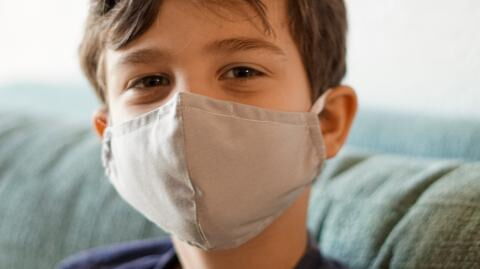European Congress on Clinical Microbiology & Infectious Diseases (ECCMID) discussed this case on Sunday, 11 July. A 90-year-old Belgian woman contracted both the UK and South Africa Strain of the virus in March. Her case is believed to be the first of its kind but, it does not rule out the possibility of more such cases.
Discover our latest podcast
The woman was unvaccinated and was admitted to a hospital to treat her injuries when she tested positive. Initially, she displayed no symptoms but quickly after the diagnosis, she developed rapidly worsening respiratory problems and died five days later.
The first recorded case ever
This case unearthed the first-ever instance of someone contracting two strains simultaneously, proving a substantial possibility. This until now was ‘underestimated' as doctors still do not have a concrete answer to how she was infected. However, the presence of both Alpha and beta strains of the virus, which were first identified in the UK and South Africa, was confirmed at a press conference on Sunday. On this molecular biologist Anne Vankeerberghen said:
This is one of the first documented cases of co-infection with two SARS-CoV-2 variants of concern. Both these variants were circulating in Belgium at the time, so the lady was likely co-infected with different viruses from two different people.
Even though there are no such cases of similar co-infections reported yet, researchers believe this might be the first of many.
The change in dynamics of COVID-19 situation
This case proved that if there is even the slightest possibility of co-infection, the situation might worsen before it gets better. There are worldwide four coronavirus variants that the experts are worried about. Amongst these, the Delta variant that was first identified in India is more infectious than the original virus and currently driving the most infections.
This co-infection possibility would undermine all the efforts put in so far for managing the virus. In this light, world leaders have been asked to raise the vaccination rates so a broader population can be reached before this becomes a trend in the ever-evolving COVID-19 situation.















